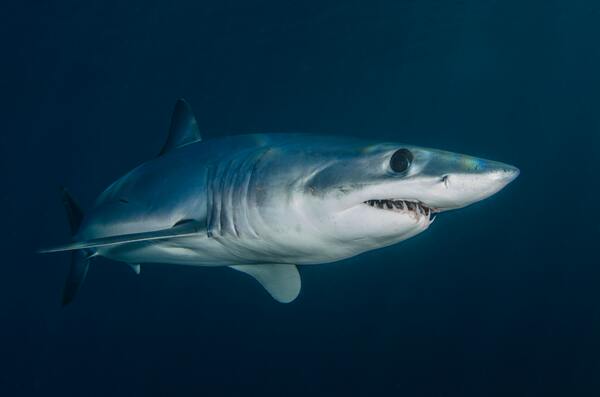Aggression of Carcharhinus leucas and Carcharhinus amblyrhynchos towards humans
(1) Horace Mann School, The Bronx, New York, (2) Broadreach Shark Studies, Raleigh, North Carolina
https://doi.org/10.59720/20-198
An important step in combating shark endangerment is lowering the stigma surrounding the species; one way to do so is to publish data on shark aggression. This paper presents findings on Carcharhinus leucas (bull shark) and Carcharhinus amblyrhynchos (grey reef shark) aggression towards humans at Beqa Adventure Divers in Shark Reef Marine Reserve, Fiji. We collected data on the number of sharks present and prods delivered - a method to redirect sharks away from tourist divers using a 2.5-meter metal stick by dive masters - during nine shark feeds. We hypothesized that grey reef sharks would receive more prods than bull sharks because grey reef sharks are typically more aggressive than bull sharks. The results supported our hypothesis, as an individual grey reef shark received 2.44 prods on average per feed, while a bull shark had an average of 0.61. Furthermore, grey reef sharks showed signs of aggression, including pectoral depressions and exaggerated swimming, throughout the feeds, while bull sharks showed none. These findings are meaningful not only to the world’s general understanding of shark aggression, but also to human protection against grey reef sharks as well as public education on bull sharks and the conservation of the species.
This article has been tagged with: